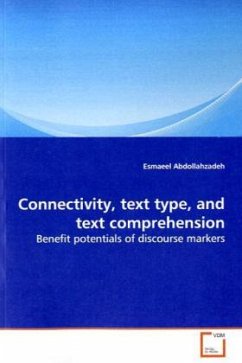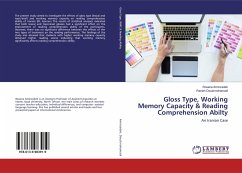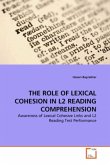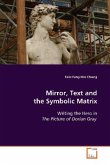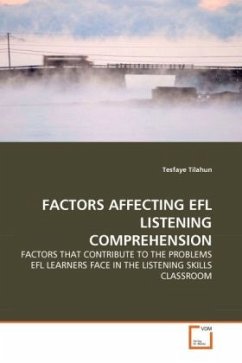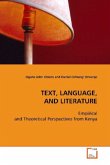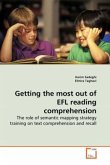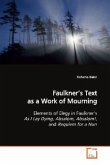Prior research on the role of textual markers in
reading comprehension suggests a complex picture of
the relationship between textual signals and
comprehension. These studies have come up with
positive, neutral, and differential effects of these
markers on processing and comprehension. This book
investigates how Iranian undergraduate readers of
English approach narrative, expository, and
argumentative text types in which propositional
relations have been explicitly or implicitly marked.
The performance of the participants on different
text types is examined to discover the effect of the
type of text, textual signaling, and text structure
on the comprehension of the learners in both the
explicit and the implicit versions. The results
contribute to our understanding of the rhetorical
and cognitive nature of different text types and the
positive role of logical connectors in their
comprehension. The research helps language teachers,
testers, and materials developers further consider
the relationship between textual signals and text
types in devising appropriate materials and
techniques to improve language learners reading and
writing.
reading comprehension suggests a complex picture of
the relationship between textual signals and
comprehension. These studies have come up with
positive, neutral, and differential effects of these
markers on processing and comprehension. This book
investigates how Iranian undergraduate readers of
English approach narrative, expository, and
argumentative text types in which propositional
relations have been explicitly or implicitly marked.
The performance of the participants on different
text types is examined to discover the effect of the
type of text, textual signaling, and text structure
on the comprehension of the learners in both the
explicit and the implicit versions. The results
contribute to our understanding of the rhetorical
and cognitive nature of different text types and the
positive role of logical connectors in their
comprehension. The research helps language teachers,
testers, and materials developers further consider
the relationship between textual signals and text
types in devising appropriate materials and
techniques to improve language learners reading and
writing.
